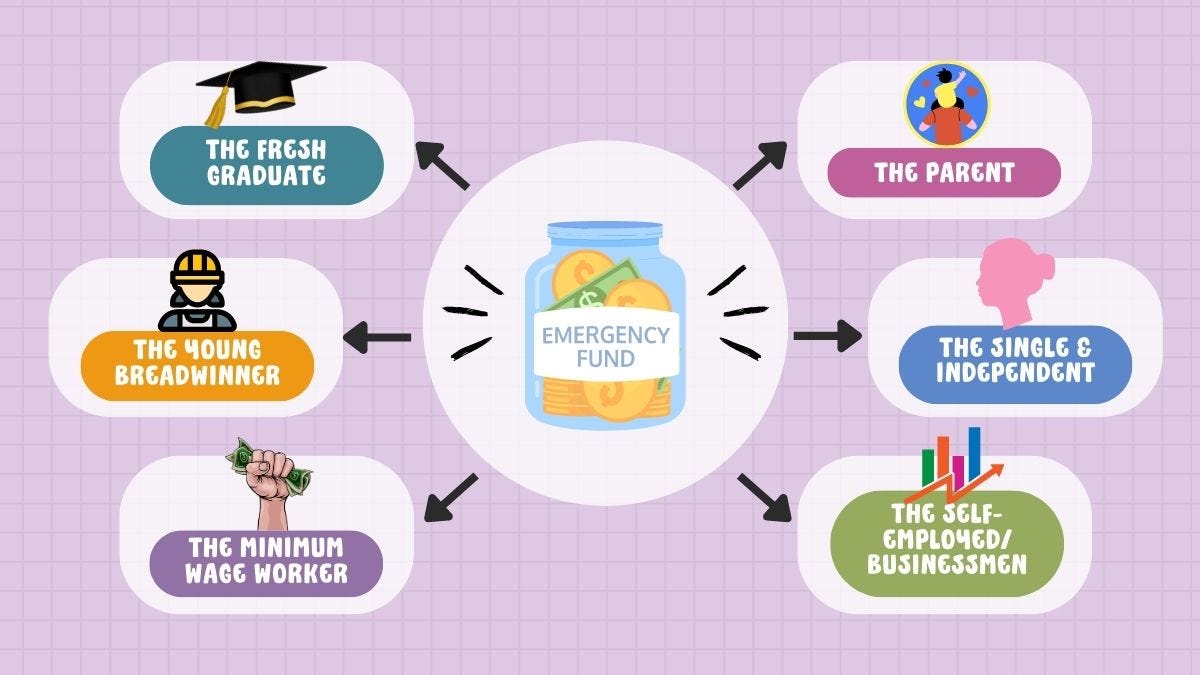Gen Z and Millennials Embrace Digital Wallets
Leading the Shift to Cashless Payments
In 2025, Gen Z and Millennials are spearheading a financial revolution by rapidly adopting digital wallets, transforming how payments are made globally. These tech-savvy generations prefer the convenience of apps like Apple Pay, Google Wallet, and regional platforms, using them for everything from daily coffee purchases to online shopping. Their comfort with mobile technology and demand for seamless, instant transactions are driving the decline of cash and traditional banking methods, reshaping the financial landscape.
Convenience Fuels Adoption Rates
Streamlined Transactions Win Over Youth
Digital wallets appeal to younger generations due to their speed and ease of use, allowing users to pay with a tap or scan without fumbling for cards or cash. Features like integrated loyalty programs, real-time budgeting tools, and peer-to-peer payment options resonate with Gen Z and Millennials, who value efficiency and personalization. In 2025, these wallets are not just payment tools but lifestyle hubs, offering features like bill splitting or investment tracking, making them indispensable for tech-native consumers.
Security Enhances Consumer Trust
Advanced Encryption Builds Confidence
Security is a key factor in the widespread adoption of digital wallets among younger users. With biometric authentication, tokenization, and end-to-end encryption, platforms provide robust protection against fraud, addressing concerns about digital transactions. Gen Z and Millennials, often wary of traditional banking vulnerabilities, trust these secure systems for both online and in-store purchases. This confidence has accelerated the shift away from physical wallets, positioning digital alternatives as the future of finance.
Financial Inclusion for the Unbanked
Expanding Access Through Technology
Digital wallets are also bridging gaps for unbanked or underbanked Millennials and Gen Z, particularly in emerging markets. Platforms that require only a smartphone and internet connection enable users to access financial services like savings accounts, micro-loans, or remittances without traditional bank accounts. In 2025, this inclusivity empowers younger generations to participate in the global economy, fostering entrepreneurship and financial independence among those previously excluded from formal banking systems.
Cryptocurrency and DeFi Integration
Young Users Embrace Digital Assets
The integration of cryptocurrencies and decentralized finance (DeFi) into digital wallets is a major draw for tech-forward Gen Z and Millennials. Wallets now support Bitcoin, Ethereum, and stablecoins, allowing users to trade, stake, or spend digital currencies seamlessly. In 2025, platforms offering DeFi features like yield farming or crypto-backed loans attract young investors seeking alternatives to traditional finance. This trend reflects a growing appetite for innovative, decentralized financial systems among younger demographics.
Challenges in Sustaining Growth
Balancing Innovation and Regulation
While digital wallet adoption surges, challenges like regulatory compliance and user education persist. Governments are tightening rules on data privacy and anti-money laundering, requiring wallet providers to adapt quickly. Additionally, ensuring older Millennials and Gen Z users understand the risks of digital assets is critical to maintaining trust. In 2025, providers that balance innovation with clear communication and compliance will lead the finance revolution, solidifying digital wallets as the preferred choice for young consumers.









